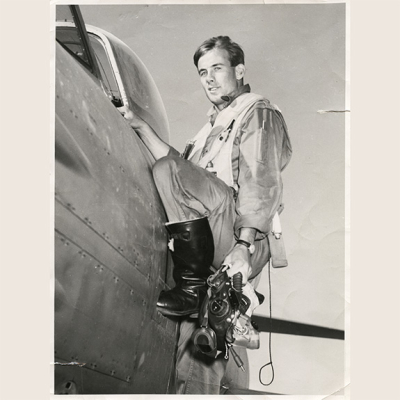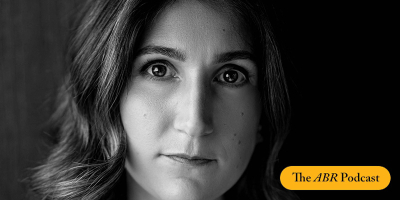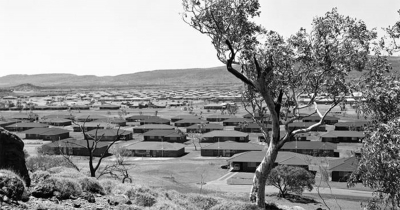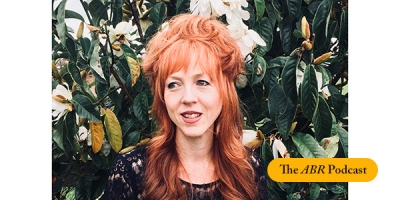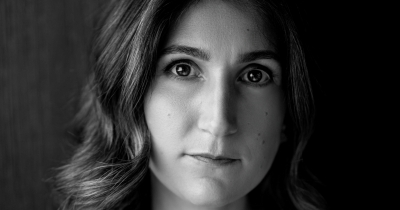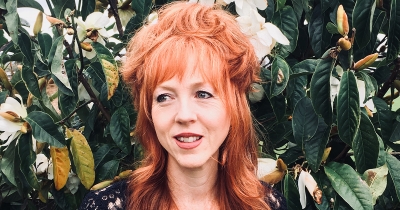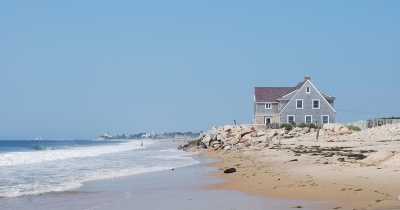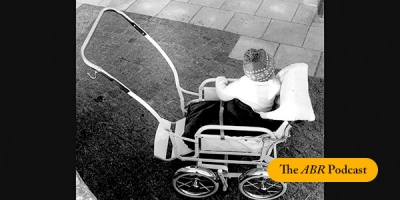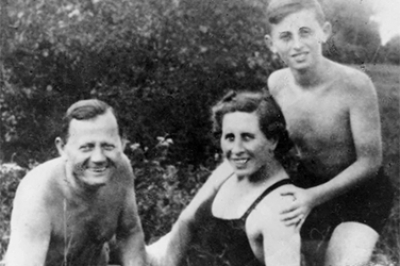Calibre Prize Essays
In the quiet years between my father’s death and my stepfather’s eruption into our lives, my mother, my sister, and I lived with my grandparents for the longest time in the last of the houses that look like that. You know, little and squat, red brick with a red-tiled roof and a wooden sunroom-cum-sleepout propped against the back wall and, all about, when you spread your arms and spin, red roses and metal-blue hydrangeas and pumpkins on hairy stalks and a red incinerator made of tin and fruit trees shining with apples and oranges and loquats with big pips.
... (read more)This week on the ABR Podcast we feature Natasha Sholl’s essay ‘The Chirp/The Scream’, which was the runner-up in the 2025 Calibre Essay Prize. Natasha Sholl is a writer and lapsed lawyer based in Melbourne. Her work has appeared in many publications including Australian Book Review. Her first book, Found, Wanting, was published by Ultimo Press in 2022.
... (read more)Six hours, forty-six minutes.
The pharmacy counter at my neighborhood Walgreens opened at 9 am, a full hour later than the rest of the store. I should have known that. When I was sixteen, I worked behind a Walgreens pharmacy counter just like this one, deciphering physicians’ cryptic shorthand and counting pills and holding on the phone with insurance companies and getting yelled at by sexually frustrated men refilling Viagra scripts. I lived and died by that clock.
... (read more)To obliterate a mountain, one must first drill a series of holes 2.4 metres deep – in either a square or diagonal pattern, depending on the rock type and face condition. A crew moves in to load the holes with blasting agent, typically a mix of ammonium nitrate and fuel oil. Detonators and boosters are laid and an explosive cord is run over the mountain face. A fuse is lit. It explodes the detonator, which explodes the cord, which explodes the boosters, which explodes the blast mix, which in turn explodes the mountain.
... (read more)With the publication of the May issue, ABR was delighted to announce the winner of the 2024 Calibre Essay Prize. Tracey Slaughter – from Aotearoa New Zealand – has become the first overseas writer to claim the Calibre Prize with her essay ‘why your hair is long & your stories short’. We are thrilled Tracey Slaughter could join the ABR Podcast to read her winning essay. Listen to Tracey Slaughter with ‘why your hair is long & your stories short’, published in the May issue of ABR.
... (read more)I have not told anyone that there is a small child growing in my bedside table drawer. The Ziplock bag containing E’s hair, a mass of tangled brown. A handful of baby teeth.
... (read more)We woke early that morning as the sun lit up the two shared bedrooms, three of us in each one. The thin, printed cotton curtains were no match for that kind of light. We were eighteen years old. It was the first weekend of our first semester at university, and we had come to the beach house armed with our readers and highlighters.
... (read more)In this week’s ABR podcast we hear from the runner-up of the 2023 Calibre Essay Prize, Bridget Vincent. Calibre judges Yves Rees, Peter Rose and Beejay Silcox praised Bridget Vincent’s ‘Child Adjacent’ for its wryness and compassion. They noted that it broadened our understanding of the family and interrogated the terrors and moral dilemmas of raising children in the climate crisis. Bridget Vincent is a Lecturer in English at the Australian National University. Listen to her reading ‘Child Adjacent’, published in the June issue of ABR.
... (read more)The library is comprised of every book that does and could exist. Every possible combination of characters has been written and bound and placed in the library, which is also the universe. ‘The certitude that everything has been written [even] the minutely detailed history of the future […] turns us into phantoms.’
... (read more)
